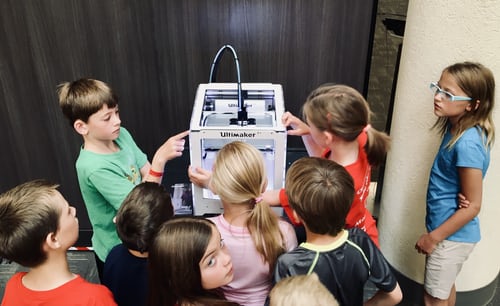An early learning centre is a specialized educational facility designed to provide comprehensive care and early education to young children, typically between the ages of 0 to 5 years. Also known as preschools or kindergartens, these centres play a crucial role in laying the foundation for a child’s overall development and lifelong learning journey. Early learning centres offer a nurturing and stimulating environment where children can explore, discover, and learn through play, social interaction, and guided activities. In this article, we delve into the essence of an early learning centre, its key features, and the profound impact it has on the growth and development of young learners.
At the core of an early learning centre is its commitment to fostering holistic development in young children. These centres recognize that early childhood is a critical period for cognitive, physical, social, emotional, and language development. As such, the curriculum and activities are carefully designed to cater to each aspect of a child’s growth.An early learning centre Salisbury places a strong emphasis on play-based learning. Play is a child’s natural way of exploring the world, developing essential skills, and making sense of their surroundings. In this context, play is viewed as a valuable learning tool that supports cognitive development, problem-solving, creativity, and imagination.

Young children can socialise and interact with their classmates at early learning facilities. Children gain crucial social skills like communication, cooperation, empathy, and conflict resolution through group activities, cooperative play, and shared experiences. Future successful relationships and effective communication are built on the foundation of these abilities.
An important aspect of early learning centres is their ability to offer individualized attention to each child. Teachers and caregivers take the time to understand each child’s unique needs, learning styles, and interests. This personalized approach ensures that children receive the support and guidance they require to thrive academically and emotionally.Language and communication skills are fostered in an early learning centre. Children are exposed to a rich language environment where they can develop vocabulary, language comprehension, and expressive communication. Storytelling, rhymes, and group discussions contribute to the development of effective communication skills.

An early learning centre serves as a stepping stone for formal schooling. Children are gradually introduced to routines, structure, and basic educational concepts that help ease the transition to primary school. They develop skills such as following instructions, adhering to schedules, and participating in group activities.The emotional well-being of young children is a primary concern for early learning centres. These centres provide a safe and nurturing environment where children can express their feelings, build self-confidence, and develop emotional resilience. Teachers and caregivers offer guidance and support to help children manage their emotions in healthy ways.
Early learning centres often celebrate cultural diversity and promote inclusivity. Children are exposed to a variety of cultures, traditions, and perspectives, fostering an appreciation for differences and promoting a sense of global citizenship from a young age.Many early learning centres prioritize outdoor play and exploration. Outdoor activities provide children with opportunities to engage with the natural environment, develop gross motor skills, and experience sensory stimulation. Nature walks, outdoor games and gardening activities contribute to children’s overall well-being.





